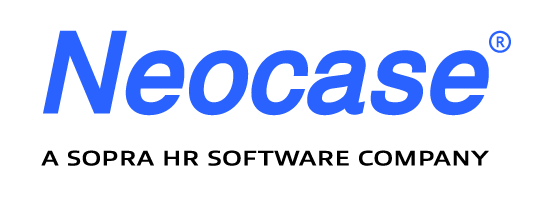Call me a laggard, but I've never taken an UBER instead of a taxi.
But that's about to change...
I recently downloaded the UBER app onto my iPhone. But I had trouble activating it, so I sent an email to UBER customer support. The support experience was phenomenal; in fact, some of it can be a useful model for our world of HR service delivery. But that's not the point of this blog post, so I'll move on to what is... satisfaction surveys.
After my UBER issue was resolved, they sent me an email asking me to complete a brief satisfaction survey. Before I tell you about their survey, I should say that I fly a lot, and I stay in hotels a lot. That means I receive a lot of surveys. Since I believe in "feedback karma" (if you give more feedback, you'll get more feedback), I'll often take the time to complete those surveys.
But here’s the problem with most of them: They're too %#&!*&* long, and try to steal too much of my precious time. I remember bailing out of one airline's survey at question #31. And I felt foolish for going that far.
The survey that UBER sent me was an example of survey excellence. What made it great were the following points:
- It was short.
It asked one simple question: "Did we solve your problem?" After all, isn't that what matters most to the customer? Sure, we like an agent that's personable, that calls us by name, and that takes the time to listen to us. But none of that matters if our problem isn't solved. So UBER didn't waste a lot of my time by asking me to answer questions about the "periphery" of the experience; they just asked me about what truly mattered. The benefit for me was time saved. The benefit for UBER was knowing plainly and simply if they did their job. - It allowed me to elaborate, and provide further information in an open text box.
There are times when a simple "Yes" or "No" response can't tell the whole story. For example, if I felt my problem wasn't solved, I could explain why I felt that way by typing in the text box. That lets me give UBER the information they need to get it right, and improve their service. Including that free text box in your survey is the survey equivalent of an open-ended question in an interview - the kind of question that often gets to the root cause of satisfaction or dissatisfaction, by allowing the customer to elaborate.
The point is this:
Your post-case surveys don't need to 10 questions, or 5 questions or even 3 questions. From this customer's perspective, the 2 question survey that UBER used is spot on. It measures what matters most, and provides the opportunity to capture more of the voice of the customer.

 Microsoft Teams
Microsoft Teams
 Workday
Workday
